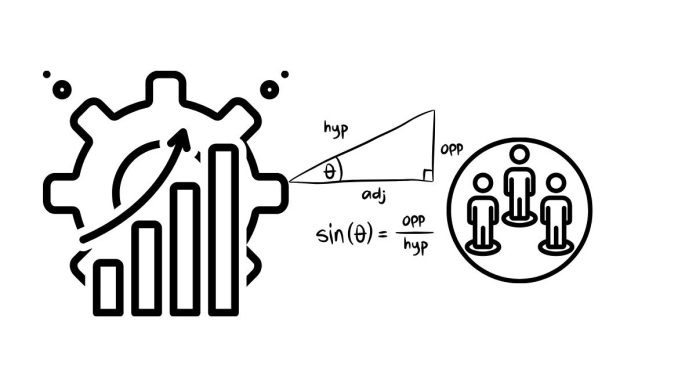Heat Capacity – Definition, Formula, Unit, Examples, FAQs
Definition: Heat capacity is a physical property of matter that quantifies the amount of heat energy required to raise the temperature of an object or substance by one degree Celsius (°C) or one Kelvin (K). It indicates how much heat a substance can store.
Formula: The formula for heat capacity is:
C=QΔTC = \frac{Q}{\Delta T}
Where:
- CC is the heat capacity (in Joules per Kelvin or J/K).
- QQ is the amount of heat supplied or removed (in Joules, J).
- ΔT\Delta T is the change in temperature (in degrees Celsius or Kelvin).
Units:
- The SI unit of heat capacity is Joules per Kelvin (J/K).
- In the case of specific heat capacity (a related concept), the unit is Joules per kilogram per Kelvin (J/kg·K).
Examples:
- Water: Water has a high heat capacity compared to most other substances. It takes 4.18 joules to raise the temperature of 1 gram of water by 1°C. This is why water is often used as a coolant or in thermal management systems.
- Iron: Iron has a lower heat capacity compared to water, meaning it heats up and cools down faster when heat is added or removed.
Specific Heat Capacity:
The heat capacity of an object depends on its mass and material. For substances of different masses, specific heat capacity is a more useful concept. It tells you how much heat is needed to raise the temperature of 1 kilogram of a substance by 1°C (or 1 K). The formula for specific heat capacity is:
Q=mcΔTQ = mc\Delta T
Where:
- mm is the mass of the substance.
- cc is the specific heat capacity (in J/kg·K).
- ΔT\Delta T is the temperature change.
FAQs:
- Why is water’s heat capacity so high? Water has hydrogen bonds between its molecules, and these bonds require a significant amount of energy to break when the temperature rises. This gives water a high heat capacity, meaning it can absorb a lot of heat before changing temperature.
- What factors affect the heat capacity of a substance? Heat capacity depends on the substance’s composition, structure, and mass. The material’s specific heat capacity is inherent to the type of substance, while the overall heat capacity increases with the mass of the object.
- Is heat capacity the same as specific heat? No, they are related but different. Heat capacity refers to the total amount of heat required to change the temperature of a given object, while specific heat refers to the amount of heat required to change the temperature of a unit mass of the substance.
- Does heat capacity depend on the temperature? In most cases, yes. Heat capacity can change with temperature, especially at extreme temperatures or phase transitions (e.g., when a substance melts or boils).
If you have any specific questions or want to dive deeper into a particular aspect, feel free to ask!


